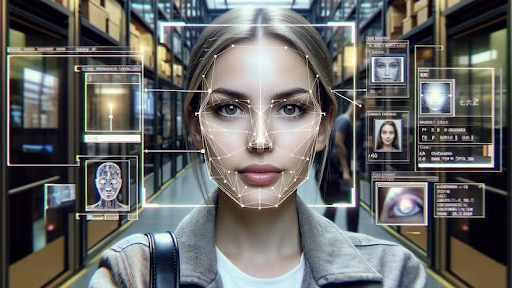
The renowned scientific journal “The Lancet Digital Health” revealed that artificial intelligence (AI) can, through a simple image, reveal a person’s biological age, a figure that isn’t necessarily determined by their date of birth.
A scientific report on the website of the German radio station “Deutsche Welle” stated that this is a revolutionary discovery that will change our understanding of aging! Thanks to artificial intelligence, a selfie can reveal your biological age and help doctors make crucial decisions in cancer treatment.
According to the report, the FaceAge app was trained using tens of thousands of images. The app was able to conclude that cancer patients are, on average, five years older than their actual age, from a biological perspective, compared to healthy people. Scientists are increasingly convinced that biological age, or the age of the body’s cells, is different from a person’s actual age.
Chronological age and biological age
Chronological age is the number of years a person has lived since birth, while biological age represents the extent of the body’s health and vitality based on various factors such as health, lifestyle, and genetics. A person’s chronological and biological age can vary, and biological age may be younger for healthier individuals or older than chronological age for those with underlying health conditions.
“Our hypothesis is that FaceEdge could be used as a biomarker in cancer treatment to measure a patient’s biological age and help doctors make difficult decisions,” says study co-author Raymond Mack, an oncologist at Harvard-affiliated Massachusetts General Hospital and Brigham and Women’s Hospital.
He added, “If a 75-year-old man has a biological age of 65 and another 60-year-old man has a biological age of 70, radiosurgery may be appropriate for the former but not for the latter. The same logic can be used to make decisions about heart surgery, hip prostheses, or geriatric care.
Concerns and Criticisms of Artificial Intelligence
Despite significant technological advances, AI tools are sometimes criticized for their greater emphasis on white people. However, Raymond Mack, a co-author of the study, confirmed that he did not find any significant racial bias compared to what FaceEdge predicted.
However, as with many technologies, this technological advancement may raise concerns about its use by insurance companies or employers seeking to better assess risk. Hugo Aerts, co-author of the study and president of the Massachusetts General Brigham, calls for “ensuring that these technologies are used only in the best interest of the patient.”






